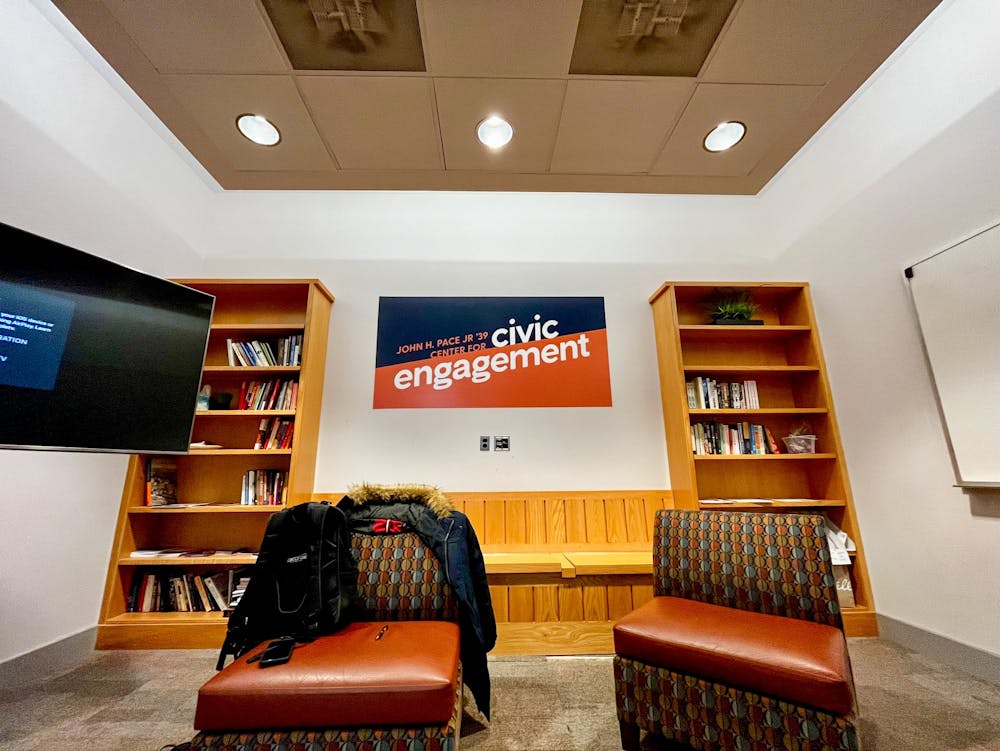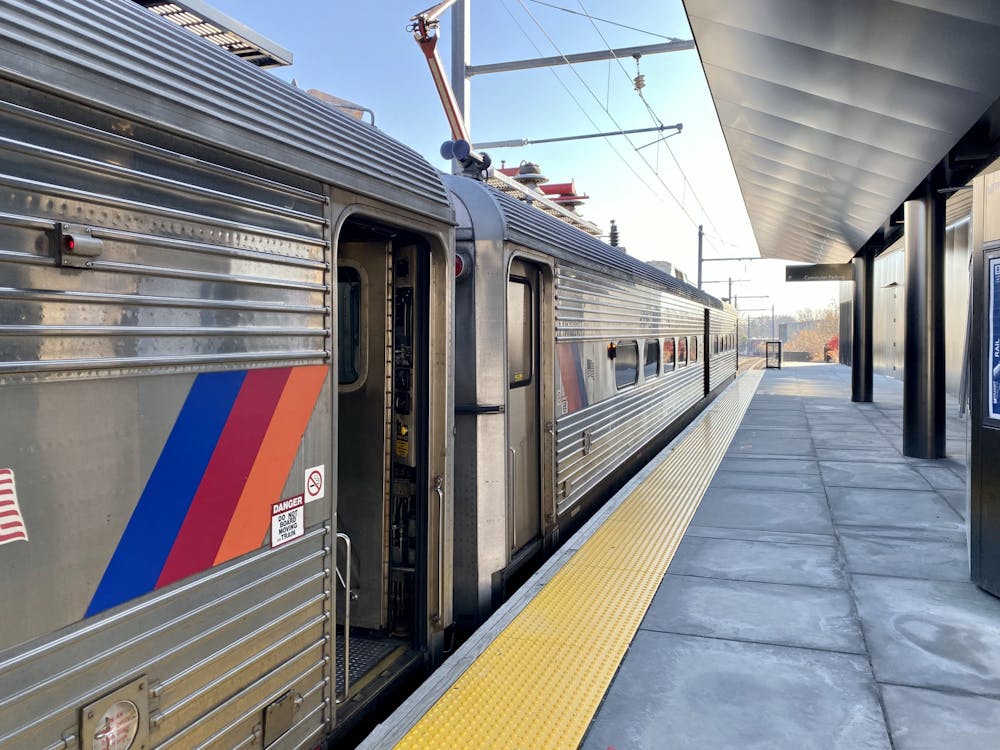As an Outdoor Action (OA) Leader, the most common question I get when I tell people about what I do is: “Do you get paid for that?” The answer is no. Cue the “That’s crazy,” “Woow,” and “I can’t believe you’ll do all that for no money.” This typical, seemingly innocent conversation highlights a deeper, often overlooked issue: Princeton inconsistently values and compensates student leadership.
The problem isn’t unique to OA Leaders. Community Action (CA) Leaders, Dialogue and Difference in Action (DDA) facilitators, and Davis International Center (IC) Leaders are also not paid. But these students lead first-years through a crucial period in their Princeton experience; they’re the first models and guides new Princetonians interact with, and they form their initial perceptions of the University.
Don’t get me wrong — it is praiseworthy to volunteer for leadership driven by impact and service. But the lack of compensation isn’t just about financial fairness — it’s a fundamental issue of inclusivity, diversity, and recognizing the true value of student labor.
The University already pays students for all sorts of roles. Consider Summer Engagement Coordinators, who facilitate bonding virtually among rising first-years over the summer. Their position is relatively relaxed, entailing the facilitation of weekly cohort meetings, yet they are still paid. In the OA context specifically, OA Coordinators — who lead logistical planning over the summer before the fall trips — receive an $18.50 hourly wage. On the other hand, orientation leaders spend several days with a group of first-years, undertaking significant labor and commitment to ensure the program’s success, but are not similarly rewarded. As another example, take Community Living Advisors (CLAs). They maintain a less intensive role, primarily involving the planning of study breaks and community building activities for upperclass students, yet they are generously compensated. Meanwhile, first-year orientation leaders who have arguably more impactful positions are not paid.
Orientation student leaders do vital work that shapes the earliest moments of the Princeton undergraduate experience. They build community, support new students, and ease the transition into college. If we value that labor, then the institution must reflect that value tangibly. The University’s inconsistency signals that some labor is worth paying for, while other labor of comparable value is not.
From my conversations with low-income students, the lack of pay is a dissuading factor, especially for OA leaders. The OA leadership post requires significant training in terms of First Aid and wilderness skills, adding to the already burdensome nature of unpaid labor — especially in comparison with less demanding CA and DDA leadership roles. This might inadvertently narrow the pool of potential leaders and limit the diversity of perspectives that Princeton claims to value.
And Princeton has the resources to pay every student involved in orientation. With an endowment north of $34 billion, the issue is less about resources and more about logistics and will. Moreover, a flat stipend would avoid the logistical issues of having to calculate this labor by the hour — imagine having to log your day hike in TimesheetX.
An argument can be made that having no pay allows those who are truly passionate to step up for the role. Indeed, the same argument of “true passion” can be made for a host of other paid leadership positions, such as the RCA role. So why should orientation leaders be any different? Why is there a standard for “true passion” — or unpaid work — for orientation leaders and not other student leaders? Moreover, given the variety of paid student jobs, these positions would still attract people who are passionate about orienting first-years. Making these positions paid doesn’t reduce the commitment of those who take it up, especially given the extensive hours of training involved.
Compensation should not depend on which office you happen to be working with; it should reflect the worth of the work being done. It’s time to take all student leadership seriously, acknowledge it as real labor, and understand why it must embody inclusion and appropriate representation. Princeton has the resources. Now, it must commit to equality and student recognition.
Staff writer Luqmaan Bamba is an ECE major from Ghana and New York. He can be reached at luqmaanbamba[at]princeton.edu.









